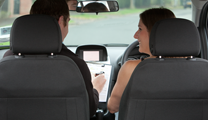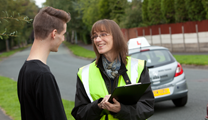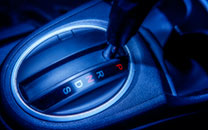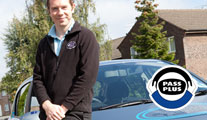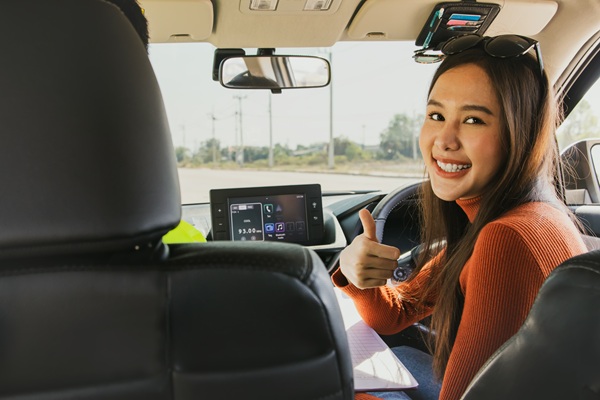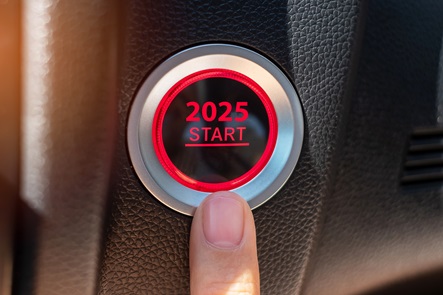Teaching people to drive is one of those careers that people gravitate towards, perhaps after spending time doing other jobs but never finding the right satisfaction. Many consider giving instructing a try because it’s something they always wanted to do, but aren’t sure if it’s right for them or if they have the right attitude for teaching.
If you’re unsure if you have the ‘right stuff’ required for teaching nervous learners to drive, the best way to find out is to talk to us here at Beverly Slater Driving School. We’re always happy to sit down and chat with you about what instructing entails and the characteristics and skills you will need to become a successful driving instructor. There is also a DVLA website that can take you through a quick assessment of how much you know and understand, telling you all the small print specifics about how to become a qualified driving instructor.
This blog will touch on good reasons to lean toward this career, giving a good idea of whether it might be a career for you.
Why become a driving instructor?
Enrolling in driving instructor training offers numerous benefits and opportunities. Firstly, it provides an avenue to make a positive impact on people’s lives by helping them acquire the essential skill of driving.
As a driving instructor, you will play a crucial role in fostering confidence and competence in learners, guiding them towards becoming safe and responsible drivers. The job satisfaction you get when you help someone to pass their test is often described as one of the best feelings in the world.
Moreover, driving instructor training can lead to a rewarding career with flexible working hours. Whether you choose to work full-time or part-time, you have the autonomy to set your schedule to suit your lifestyle. This flexibility is particularly appealing for those looking to balance work with other commitments, such as family or personal interests.
Driving instructor shortages
Additionally, the demand for qualified driving instructors is consistently high, which means job security and a steady income for those who qualify. With the increasing number of people needing driving licenses, especially younger individuals and those relocating to the UK, there is always a need for skilled instructors. One of the largest driving schools in the UK released figures in 2024, confirming the shortage of qualified driving instructors across all parts of the country.
What’s involved?
The training itself is comprehensive, covering both theoretical knowledge and practical skills. You will learn instructional techniques, road safety principles, and effective communication strategies, essential for engaging with learners of diverse backgrounds and abilities. This thorough preparation equips you to handle the varied challenges that may arise during lessons.
Of course, being a good driving instructor is about more than mastering the required technical skills. You need to be patient, kind and ready to communicate with all kinds of people!
In conclusion, enrolling in driving instructor training promises not only personal satisfaction but also professional growth and stability. It’s an investment in a fulfilling career that allows you to make a tangible difference while enjoying the benefits of flexible and secure employment.

